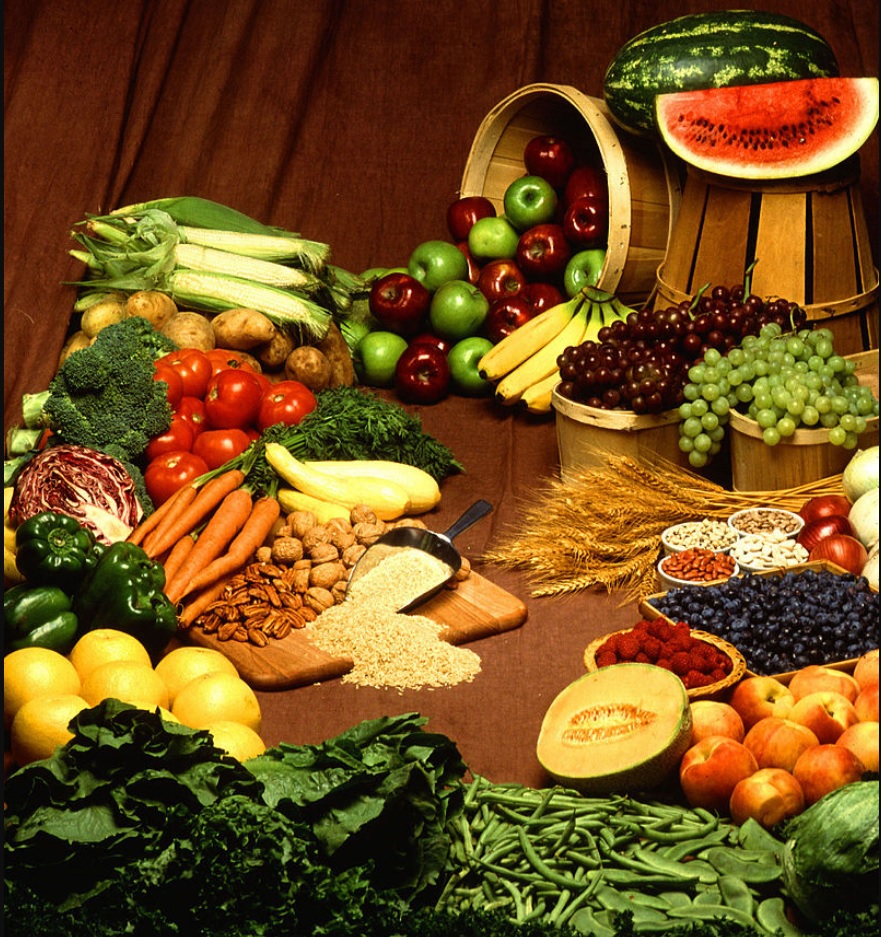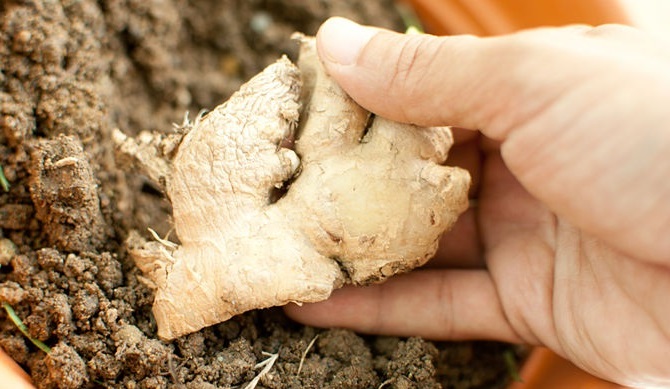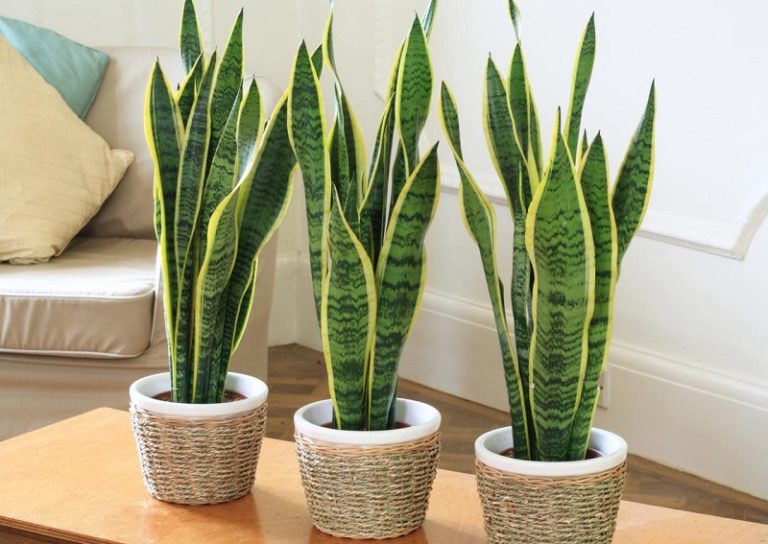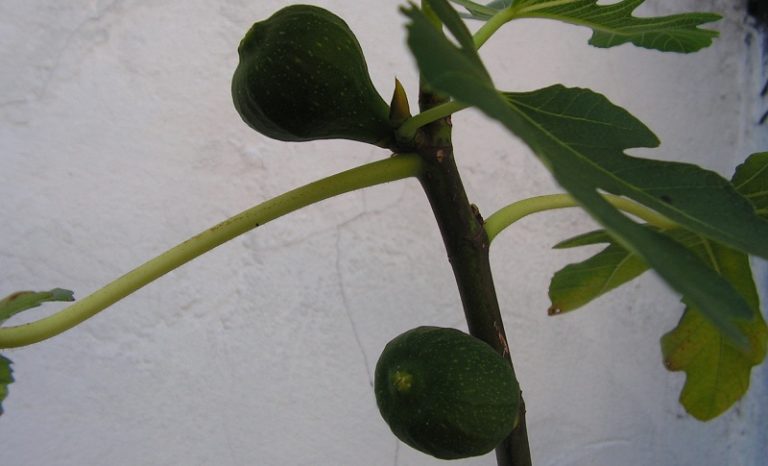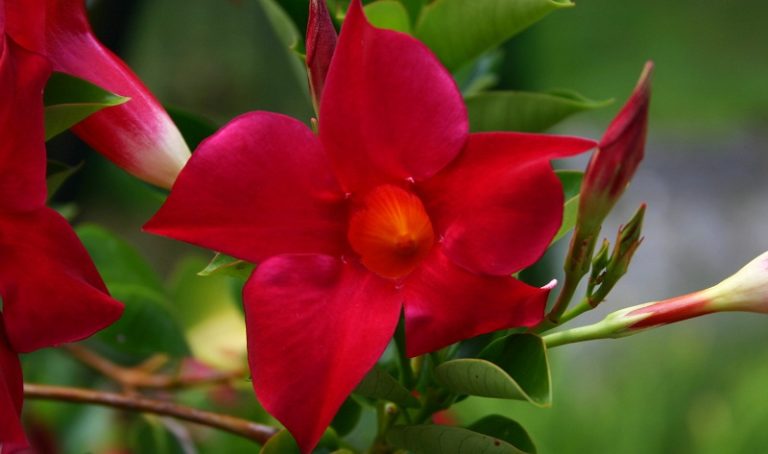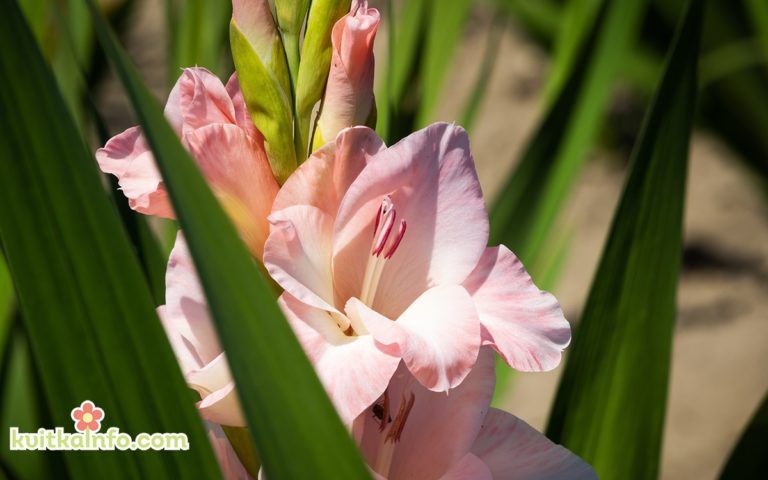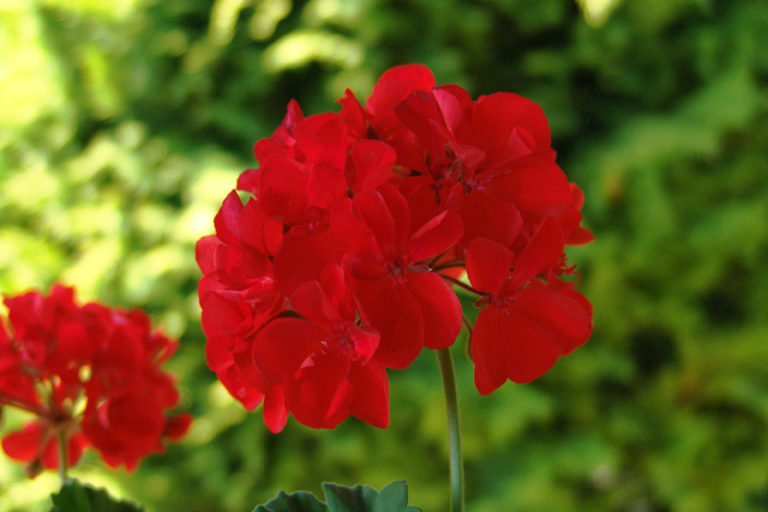Vegan gardening
The number of plant-based dieters and vegetarian celebrities has grown significantly over the past ten years, and for good reason. Studies have shown that choosing a plant-based diet can reduce the chances of type 2 diabetes and cardiovascular disease.
Meanwhile, data published this year in the journal American College of Nutrition shows that plant-based diets boost metabolism and can help speed up fat loss.
Veganism is not an easy lifestyle choice. A typical definition of the term means that a person does not eat animal products such as meat, cheese, or eggs. However, sometimes the concept of veganism expands to include the refusal to buy products whose production involves the use of animals. The vegan society states that there are quite a few benefits to being vegan, including improved health and reduced negative environmental impacts. It is not surprising that veganism is so widespread, even among the most famous celebrities and historical figures – actor Benedict Cumberbatch, historical figure Angela Davis, professional poker player Daniel Negreanu, singer Beyoncé and many others.
The vegan diet consists entirely of things that are grown. Fruits, vegetables, nuts, beans, seeds – each part of your diet is a plant or one of its by-products. That is why it makes sense for vegans to explore the possibility of growing their own gardens. And if you’re ready to get serious about it, here are four tips to consider when you start your own vegan garden:
The daily menu should serve as inspiration
When you start planning a garden, you first need to think about your own diet. What fruits and vegetables do you eat the most? These plants should be primary additions to the vegan garden that you will start cultivating. Of course, you will have to take into account the season in which you will plant, as well as the seasonality of each seed you sow. While some greens grow in all weathers, other fruits and vegetables can only be planted at certain times of the year. Don’t forget that you can also grow vegan protein sources. Everything, including soybeans, peanuts, sunflower seeds, and quinoa, can be grown in a backyard garden.
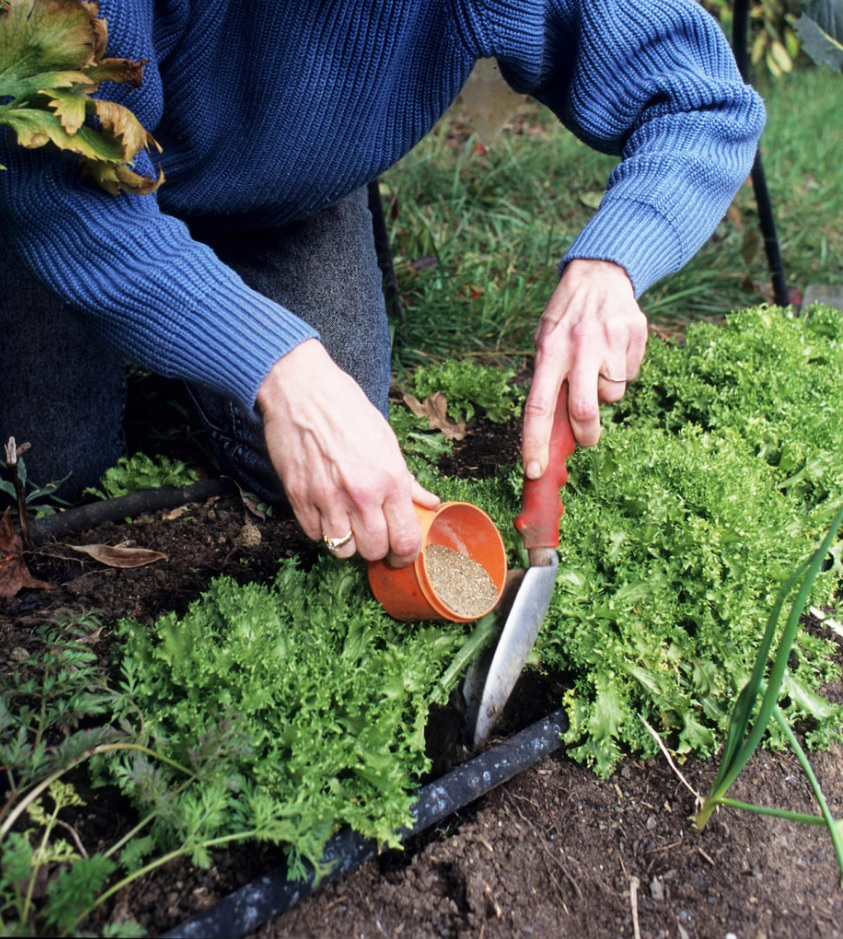
Choose fertilizers carefully
While the foods in your vegan garden will certainly fit into the diet with ease, the foods you use to grow them may not always meet your standards. This is especially true for fertilizers and plant food, which often includes animal blood or bones that stimulate growth. You should also be careful with animal manure, which can be full of harmful additives that were once fed to horses, cows, etc.
The best option is to prepare a vegan fertilizer yourself. A simple recipe contains:
• One serving of kelp
• Two parts of cottonseed flour
• Two parts of colloidal phosphate
• Three particles of wood ash, granite dust or green sand
If you decide to use wood ash – make sure the wood is completely natural and free of additives that you are trying to avoid.
Respect the nature around you
Technically, insecticides and pesticides are animal-free, but they don’t exactly have a beneficial effect on the environment right next to your vegan garden. Not only will they be able to enter the water, but they will also get into the stomachs of birds, rabbits and other animals that may try to profit from the fruits of your garden.
Of course, such pests are an inconvenience, so you may want to consider gardening ideas related to animal fences. Even simple things like fencing in your garden or placing plants inside tall beds can protect your fruit from unwanted guests.
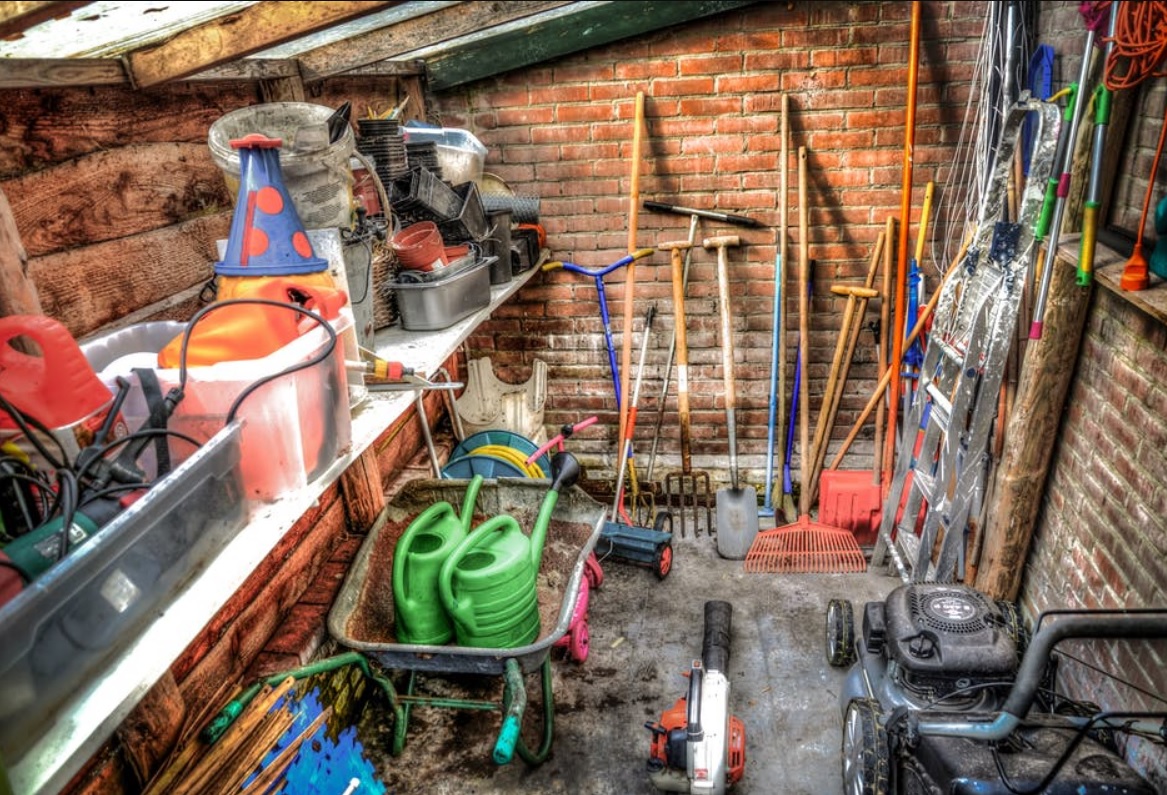
Invest in space and tools
When you plan your garden, you want to make sure you have the space and resources you need to grow the intended plants. In most cases, you’ll want to start with a small garden, work on your gardening skills, and then move into a larger space. To sow and later preserve your garden, make sure you have all the necessary resources at hand. In addition to the aforementioned fertilizers and animal protection, you will have to work with shovels, gloves, pruning shears, etc. depending on what you plan to grow. In some cases, you may need to rent large tools to complete your gardening project, but a short weekend rental probably won’t bankrupt you. Larger tools will come in handy if you want to build your own high bed or choose a heavier material such as stone or cinder block.
Start
With these tips in mind, all you have left to do is start working on your backyard garden. At any time in general, the plants and seeds you sow will become the plants and seeds that make up your vegan diet. In the near future, you will see for yourself that there is nothing better than consuming the fruits of your own labor, especially if it is fresh fruits and vegetables.

